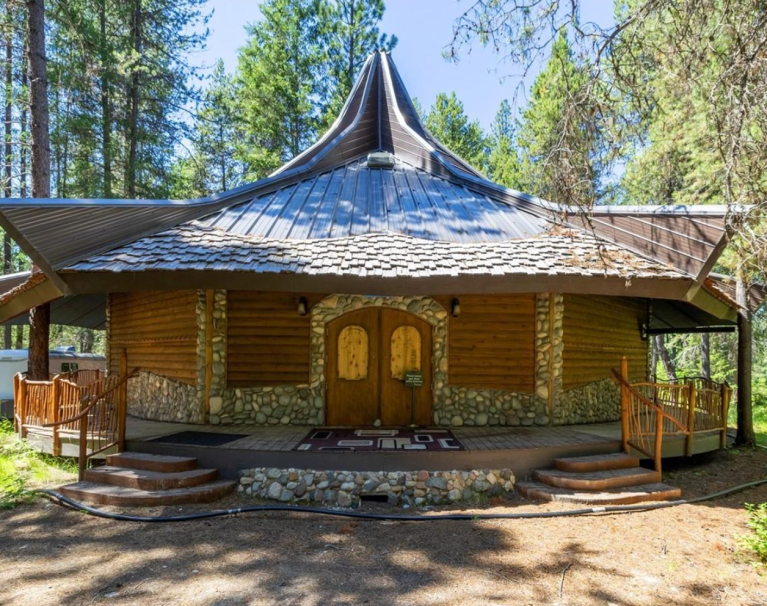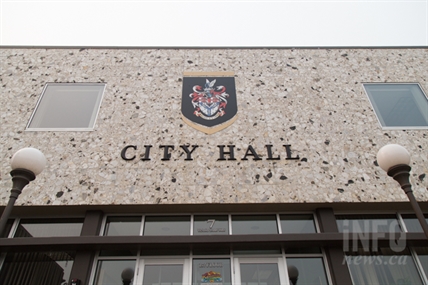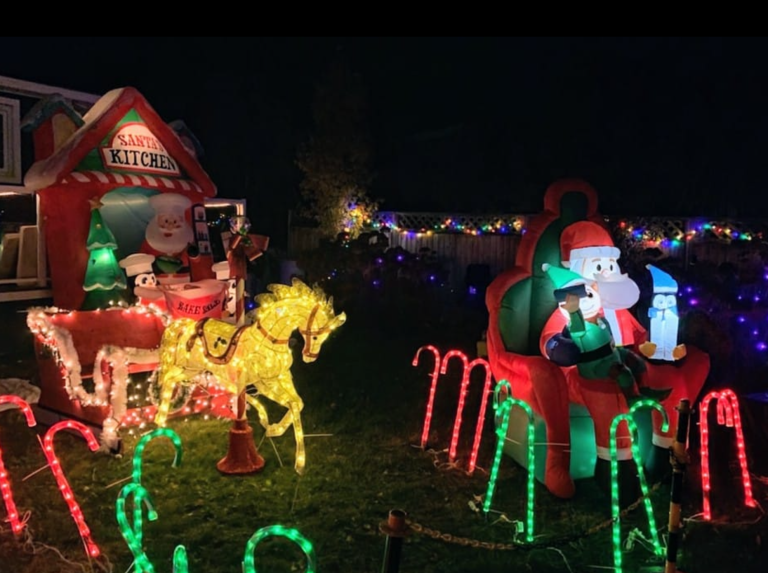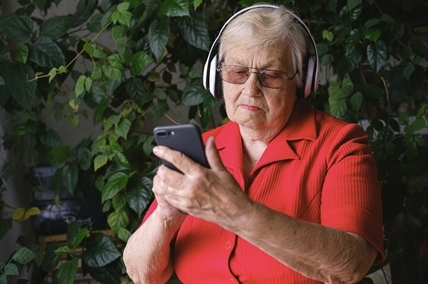

YO MAMA: The power of natural consequences
OPINION
My son held his hand way out in front of him, offering a half-eaten apple to the dog.
The dog looked from me, to the apple, then back to me. We’d been through this many times before: the kid was not allowed to feed stuff to the dog. But today I was trying something different.
I gave the good old girl a nod and let her delicately accept the kid’s offering. She scampered off happily with it. It wasn’t long before the kid started pointing at the apple and making little whimpering sounds of distress. He wanted it back.
I calmly explained that if he gives food to the dog, he can’t have it back, because it gets all slimy and bacteria-filled. And the dog won’t want to give it back.
More crying.
“Those are natural consequences,” I said, perhaps a bit too smugly.
He got over it quickly enough, but would he learn anything from the exchange? Would experiencing the natural consequence itself stop him from repeating the behaviour in the future?
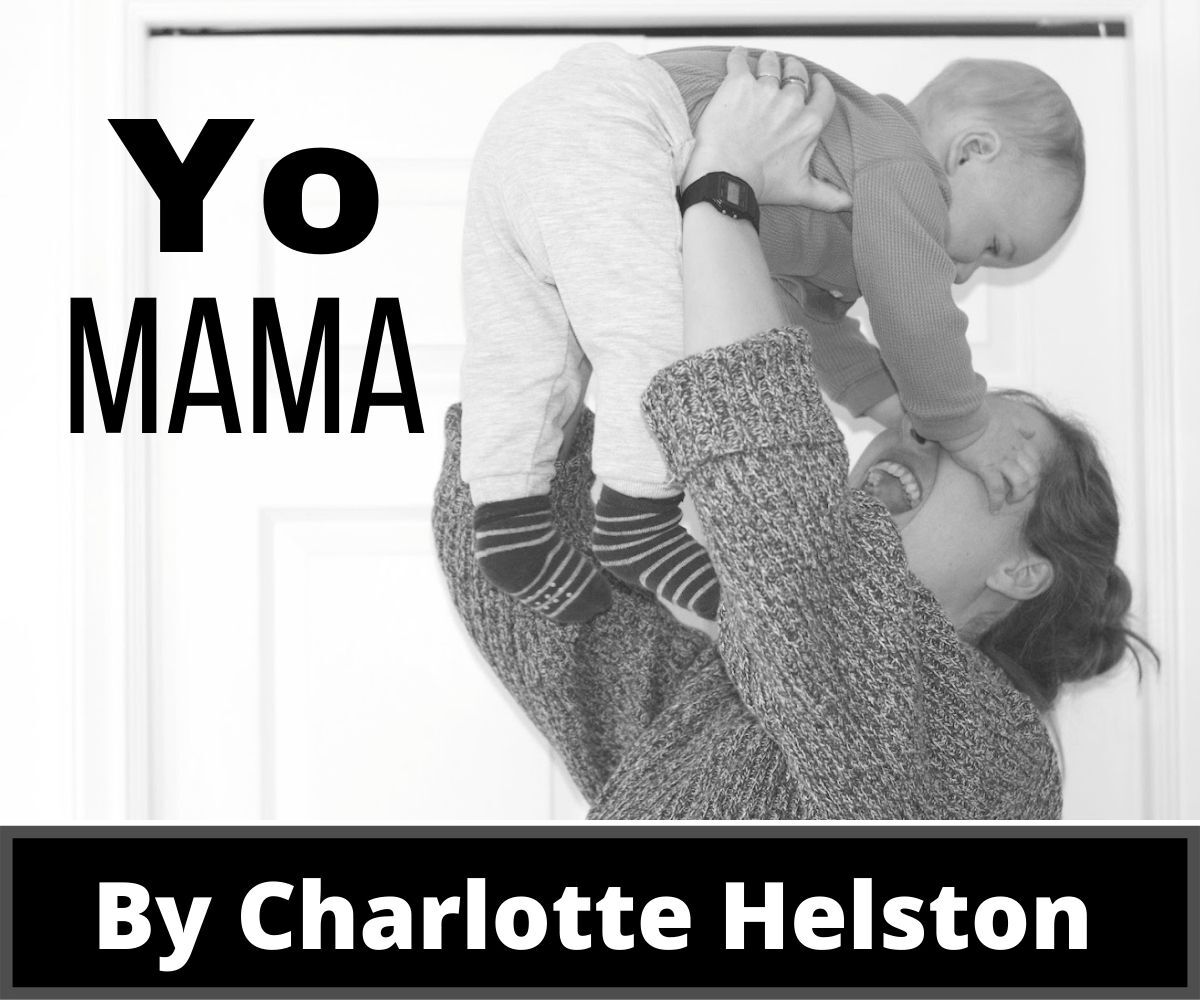
I was experimenting — because, let’s face it, all parenting is a bit of a social experiment — with the use of natural consequences after reading about it in a parenting book (Kids Are Worth It by Barbara Coloroso, if you’re interested).
The chapter was about using real-world consequences to help children learn how their choices and actions impact their experiences. Here’s an example from the book: if a child goes outside on a chilly day without a coat, he will get cold. Natural consequence. You obviously wouldn’t let them get frostbite, or, in another example, experience the natural consequences of running out into the street (duh), but mild unpleasantness/inconvenience is allowed. Heck, it is even encouraged.
The approach was supposed to cut down on all the nagging, reminding and warning that parents have to deal with on a daily basis, while also teaching kids valuable decision-making and problem-solving skills. It sounded a lot like “letting them make their own mistakes” and “learning for themselves.”
My only question was: when could I start? Was my toddler too young to learn from his mistakes? Could he understand the connection between being cold and not wearing a coat? I decided to try out the method — for a day — and see what happened. What was the worst that could happen without parental intervention every five seconds?
Throughout the day, I looked for ways to apply the method. There was no shortage of opportunities.
I let him bite into an uncooked potato. Natural consequence: uncooked potatoes are disgusting.
We went outside on the concrete landing with no shoes on. Natural consequence: his feet got cold. But he didn’t really care either. He just had cold feet.
While collecting the chicken eggs, I stood back and watched him smash two eggs together. Natural consequence: fun, goopy liquid comes out of eggs!
Later, I let him play with a ceramic dog figurine. He dropped it on the tile floor and it shattered into a million tiny pieces. Natural consequence for toddler: broken things go in the trash. Natural consequences for mom: More cleaning!
During his evening bath, I let him remove the drain plug after just two minutes in the tub. Natural consequence: bath time is over! (He was mad about that one.)
Overall, my day of harnessing natural consequences had mixed results. I did love shrugging my shoulders and saying stuff like “sorry your legs are cold, those are natural consequences of refusing to wear pants.” That part was pretty satisfying.
The next night, he yanked the plug out of the bath and I thought “oh well, it was worth a try.”
But then, something happened. He listened to the water drain for a few seconds, then put the plug back in. He did this a few more times, unplugging, pausing, listening, re-plugging. Contemplating. Understanding. Putting all the pieces together. It was amazing.
He was learning how his choices affected what happened to him. I realized then that natural consequences weren’t necessarily the parenting silver bullet I’d been hoping for (they definitely did NOT stop my son from wanting to smash eggs together) but he was learning. And really, wasn’t that the point, even if things got a little messy?
— Charlotte Helston gave birth to her first child, a rambunctious little boy, in the spring of 2021. Yo Mama is her weekly reflection on the wild, exhilarating, beautiful, messy, awe-inspiring journey of parenthood.
We welcome your comments and opinions on our stories but play nice. We won't censor or delete comments unless they contain off-topic statements or links, unnecessary vulgarity, false facts, spam or obviously fake profiles. If you have any concerns about what you see in comments, email the editor.
News from © iNFOnews.ca, . All rights reserved.
This material may not be published, broadcast, rewritten or redistributed.

Join the Conversation!
Want to share your thoughts, add context, or connect with others in your community?
You must be logged in to post a comment.


